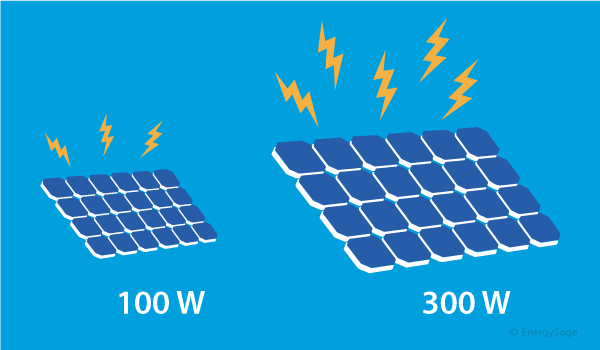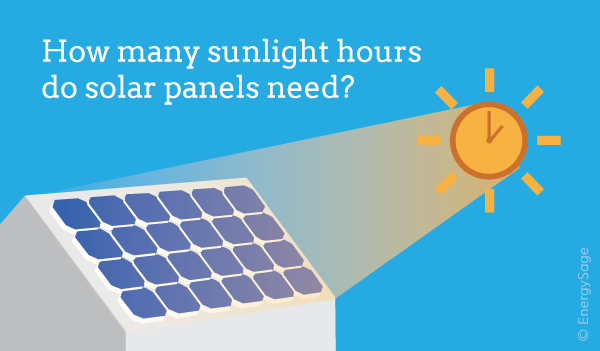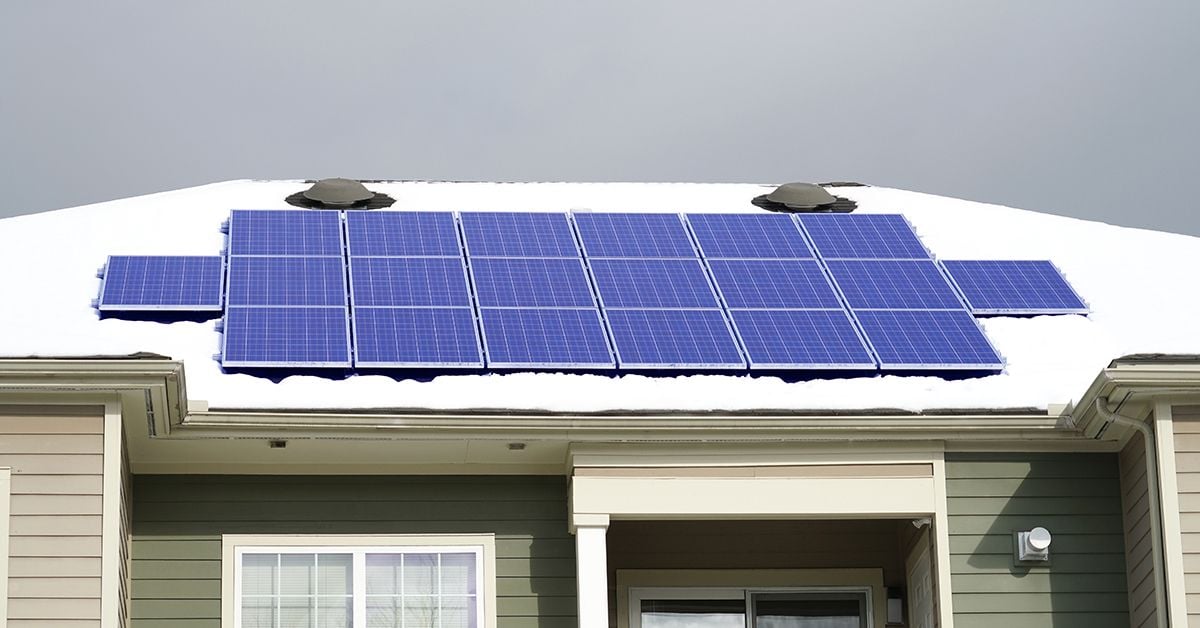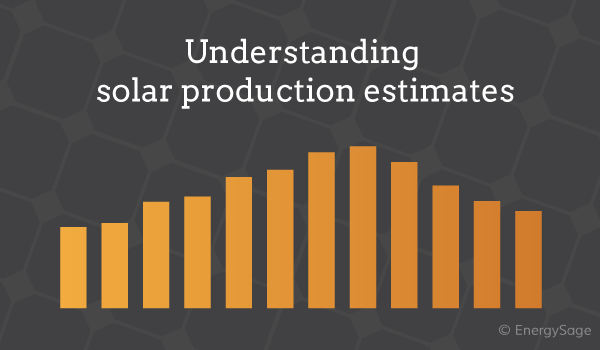Mounted flat and in an ideal south southwest direction this type of solar system would be able to produce 1 kwh per hour of sunlight or 5 kwh per day.
Colorado solar panel producion ratio.
If the panel ultimately creates more than 320w.
Generally speaking residential solar panels available in 2020 will either fall in the range of 260 330 watts and will contain 60 solar cells joined together or they will fall into the range of 360 400 watts and comprise 72 cells joined together.
No shading from trees.
5 hours of sunlight per day on average.
The size of the system 6 kilowatts or 6 000 watts represents the capacity of a system to produce power while kwh represents the energy output of a system over time.
A fixed tilt solar panel does not change angles to adjust with the sun so looking at the average peak sun hours using a fixed tilt panel can set a good baseline for calculations.
With most solar panel systems in the united states at least those with an adequate amount of sunshine your production estimate shouldn t be a 1 1 ratio.
200 watt solar panels.
In the example above the solar panel is producing 1 5 kwh per day which ends up being about 45 kwh per month.
Since there s a lot to consider we ve separated the page into sections to help you find what you are looking for.
Colorado is the top coalbed methane producing state and has nearly one fourth of the u s.
Solar panels are made by joining a number of solar cells together in series.
The golden state generated more than 37 percent of the u s.
It probably comes as no surprise that california ranks first among states in generating electricity from solar power.
Small solar panels traditionally come in three common sizes.
Most quotes give a production ratio anywhere between 1 4 to 1 7 so here is my confusion wouldn t a 7 7 5kwh system simply create 7 7 5kwh of electricity.
50 watt 100 watt and 160 watt.
Then why does the manufacturer say it is just a 320w panel.
Welcome to the ultimate guide to solar panels in colorado.
That s enough energy to power some small appliances without too much issue but if you want to cover the energy used by your property s climate control systems or large cooking appliances you ll need more solar panels.
On average the state of colorado receives 4 87 daily peak sun hours.
Those solar panels used for residential purposes range from 150 watts to 370 watts per panel depending on the panel size efficiency and cell technology.
Average kilo watt hour production examples for solar panel systems.
Colorado s electricity from renewable sources has more than doubled since 2010 to 25 of net generation in 2019 led by increased wind and solar power.
Economically recoverable coalbed methane reserves.








